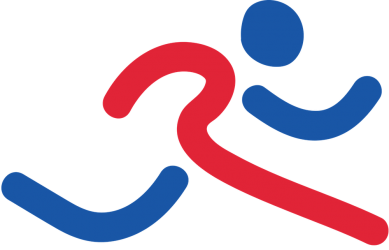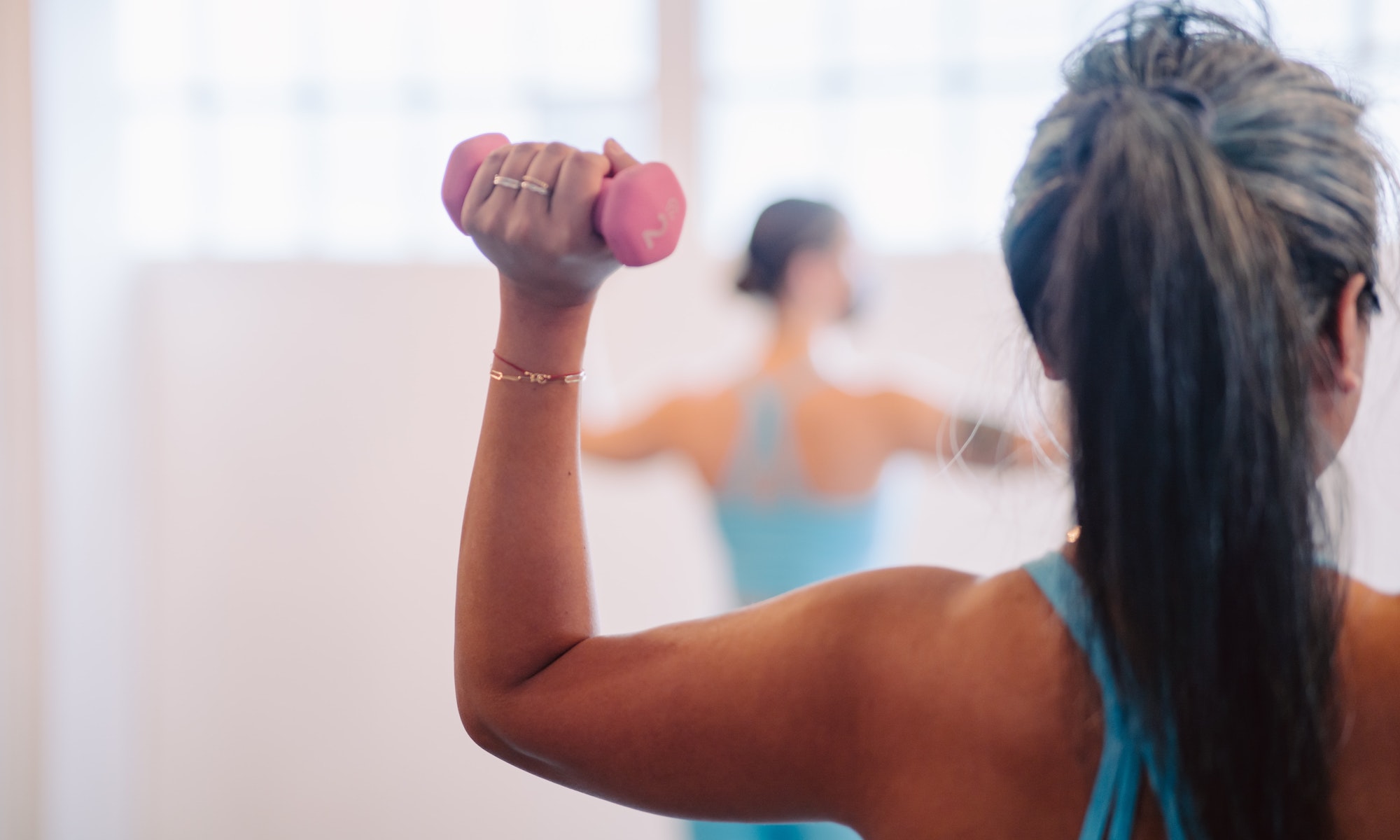What is the rotator cuff and why is it important?
Rotator Cuff, it’s a term you may have heard, but do you actually know what it is?
The rotator cuff is the group of 4 distinct muscles and their tendons that provide strength and stability during movement in the shoulder. The four muscles are referred to as the SITS muscles which are:
- Supraspinatus- responsible for abduction
- Infraspinatus- responsible for lateral/external rotation
- Teres minor- responsible for lateral/external rotation
- Subscapularis – responsible for medial/internal rotation.
These muscles attach to the scapula (shoulder blade) and the humeral head. The Rotator cuff muscles are important in almost every type of shoulder movement, so it is important to have strength and flexibility in each of those muscles for a functioning shoulder girdle. These muscles are responsible for stablising the shoulder joint. When you look at the shoulder; it is a ball and socket joint, meaning that in order to move, the joint is not as stable. The rotator cuff holds the ball in the socket to provide that stability, whilst allowing for the shoulder to move.
Rotator cuff injuries are common, with incidence of injury increasing with age, with tears present in approximately 25% of those in their sixties and more than 50% of those in their eighties. If one of the tendons or muscles of the rotator cuff are injured, this can affect the kinematics of the whole shoulder. Most common injuries include:
- Rotator cuff tears
- Rotator cuff tendinitis (either acute or chronic)
- Impingements
In some cases, people may not experience pain or a loss in function as a result of an injury. A rotator cuff injury could be a result of trauma (IE: a fall) and/or normal aging related wear and tear and can either be symptomatic, or asymptomatic. Exercise plays a critical role in the management of rotator cuff injuries. The goal of exercise rehabilitation for rotator cuff injuries is to reduce pain and improve function.
Sources:
The Prehab guys, n.d. Evidence based shoulder exercises ( https://theprehabguys.com/evidence-based-shoulder-exercises/)
Physiopedia, n.d. Rotator Cuff ( https://www.physio-pedia.com/Rotator_Cuff?utm_source=physiopedia&utm_medium=search&utm_campaign=ongoing_internal )
Orthoinfo, n.d. Rotator Cuff tears. https://orthoinfo.aaos.org/en/diseases–conditions/rotator-cuff-tears-frequently-asked-questions/
Edwards, P., Ebert, J., Joss, B., Bhabra, G., Ackland, T., & Wang, A. (2016). Exercise rehabilitation in the non-operative management of rotator cuff tears: a review of the literature. International journal of sports physical therapy, 11(2), 279. https://www.ncbi.nlm.nih.gov/pmc/articles/PMC4827371/


